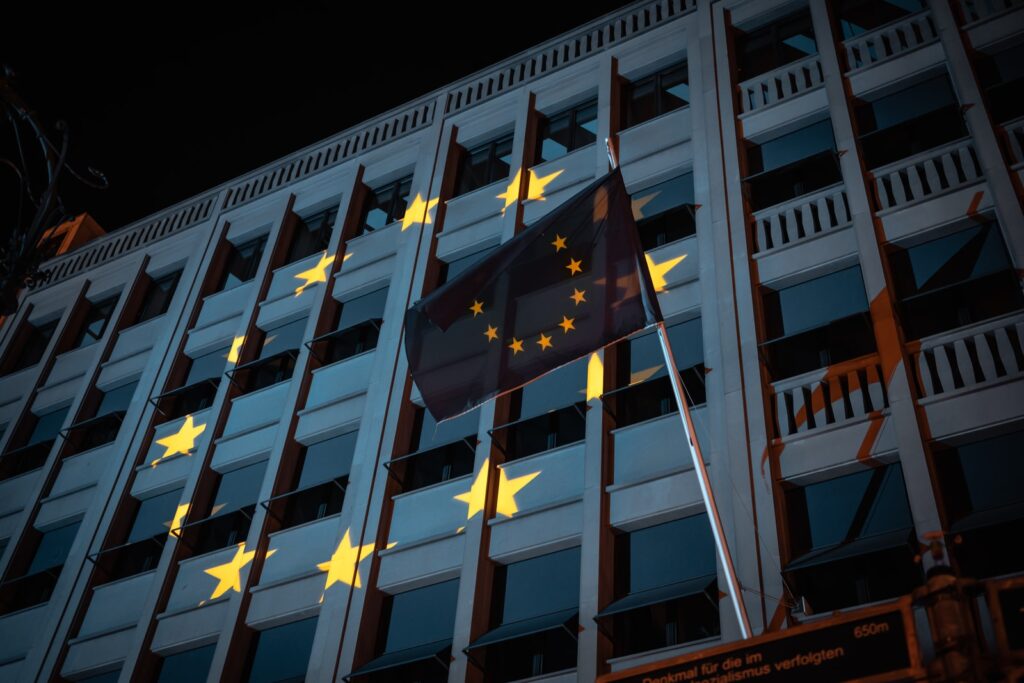JPMorgan and Goldman Sachs, global investment banks, have forecast a recession in the euro zone. According to Goldman Sachs economists, “The risks of our forecast are skewed towards a sharper recession if an even more severe disruption in gas flows, a renewed phase of sovereign stressor a U.S recession.”
Goldman Sachs, a global investment bank, and JPMorgan released Wednesday reports, each predicting a recession in the euro zone.
Analysts at Goldman Sachs, headed by Jari Stehn (chief European economist), expect a recession in the euro-area in the second half this year, which will continue until the end. They also predict a contraction in the third quarter and 0.2% for the fourth quarter. However, they expect growth to return in 2023.
“Looking across countries we see that Germany and Italy are in clear recession in half two, while Spain, France, and France continue their growth,” Goldman Sachs economists explained.
Our forecast is skewed towards a more severe recession in the event that gas flows are disrupted even further, renewed periods of sovereign stress, or a U.S recession.
Economists have highlighted several reasons for the downturn. These include a looming gas crises and Italy’s political problems that could delay the disbursement European Union aid.
JPMorgan’s Predictions
JPMorgan warned Wednesday that the eurozone would be in mild recession by next year. JPMorgan’s economists have reduced their economic forecasts. They now predict a 0.5% GDP growth in eurozone this quarter and a contraction by 0.5% in the first quarter next year.
Analysts at JPMorgan added:
We anticipate that the ECB [European Central Bank] will offer another 50 basis point of hikes before year-end.
Analysts at the bank have reduced their previous forecast of 75 base points by reducing it in three installments. They now expect 25 basis points in September and October.
Two global investment banks have released their recession forecasts following a Tuesday warning by the International Monetary Fund that neither Europe nor the U.S. will see much growth next year if Russia cuts off Europe’s oil supply and further reduces its oil exports.
In the meantime, the U.S. economy contracted for the second consecutive quarter from April through June. The Bureau of Economic Analysis announced Thursday that the country’s GDP declined 0.9% annually over the same period. But, President Joe Biden repeatedly denied that there were any recession fears. Additionally, Treasury Secretary Janet Yellen statedThursday, that the U.S. is in a transitional state, not in recession.










